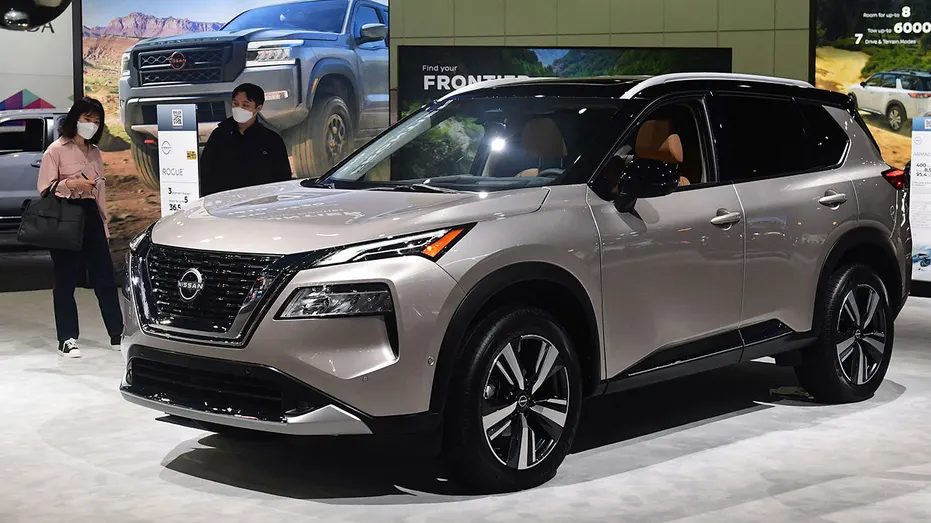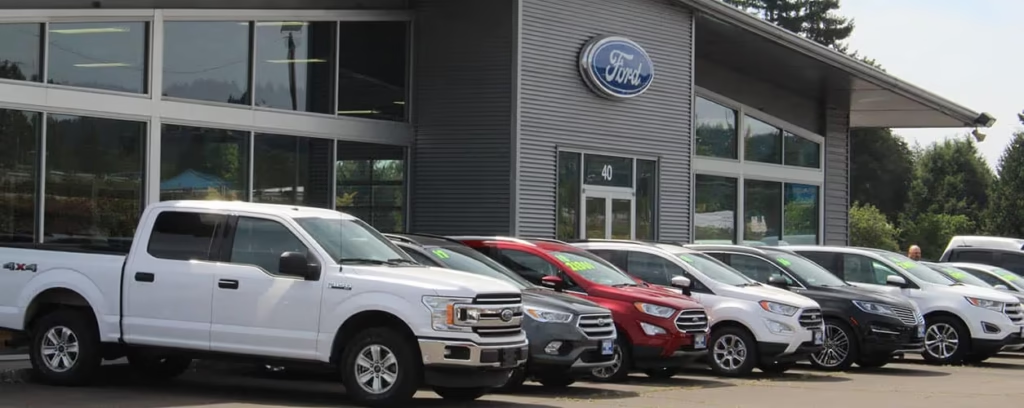If it feels like you’ve been hearing about car recalls more often lately, you’re not imagining things. In 2025 alone, hundreds of vehicles have been recalled by major automakers like Ford, Nissan, General Motors, and Honda. From faulty cameras to engine problems, the reasons are serious and they are affecting drivers across the world.
According to the National Highway Traffic Safety Administration (NHTSA), over 750,000 vehicles were recalled in just one week in July. That includes more than 400,000 Nissan vehicles and over 200,000 from Ford. The issues range from engine failures to software glitches in rearview cameras.
For example, Nissan recalled nearly 444,000 vehicles due to a defect in engine bearings that could lead to stalling or even fires. Affected models include the 2021–2024 Rogue and 2019–2020 Altima. In a public statement, the company said: “Nissan is committed to the safety and satisfaction of our customers. We have initiated this recall as a precautionary measure to address a potential risk of engine failure resulting from assembly irregularities.”

Meanwhile, Ford issued a recall for over 200,000 vehicles because of a software error that causes the rearview camera to go blank or freeze something that could easily lead to accidents. A Ford spokesperson explained: “We are working quickly to provide a software update that will restore full camera functionality. Customer safety is our top priority.”

Technology: A double-edged sword
Modern cars are packed with high-tech features, from touchscreens to advanced driver-assistance systems. While these upgrades make driving more convenient, they also introduce new risks. A small software bug can now affect thousands of vehicles at once.
As CarEdge reports, Ford has already issued over 50 recalls this year, affecting more than 1.8 million vehicles. Many of these are related to software and electronic systems, which are more complex and harder to test than traditional mechanical parts.
Quality control under pressure
Another reason for the spike in recalls is the pressure to release new models quickly. Automakers are racing to stay competitive, especially in the electric and hybrid vehicle markets. But that speed can lead to mistakes. In some cases, recalls are being issued for problems that were supposed to be fixed in earlier recalls, what experts call “repeat recalls.”
According to Jalopnik, Ford has had more recalls than any other automaker in 2025 so far. Some of these involve serious issues like brake failure or faulty airbags.
What drivers should do
If you own a car, especially in a year like 2025 with so many recalls, staying informed is essential for your safety. In the United States, the process is fairly straightforward. Drivers can check if their vehicle has been recalled by entering their Vehicle Identification Number (VIN) into the National Highway Traffic Safety Administration (NHTSA) online tool.
If your car is listed, don’t delay, visit your local dealership or service center. Most recall-related repairs are carried out free of charge, and responding promptly can prevent accidents, injuries, or further damage.
For drivers in Africa, the recall process can vary by country, but the need for action remains just as important. In South Africa, for example, the National Consumer Commission (NCC) works with automakers to monitor and issue recall alerts. These notices are often published online and in national newspapers.
Major brands like Volkswagen, Jeep, and Mercedes-Benz have all issued recalls in the region this year for issues ranging from brake hose leaks to battery overheating. If you drive one of these vehicles, the best thing to do is contact an authorized dealership. They can check your car’s VIN and tell you if it qualifies for a recall repair.
In countries like Ghana, Nigeria, and Kenya, official oversight may be less visible, but authorized dealerships and national road safety bodies still play a role in informing the public. Keep an eye on local media or ask your dealer whether your vehicle is affected. Repairs for recalled vehicles are usually free in Africa too, provided the model was sold through official channels.
It’s also important to consider that many African drivers own vehicles imported from abroad often from the United States, Europe, or Japan. These cars may have been recalled in their original markets, but owners in Africa are sometimes unaware. If your car is an import, you can still look up its VIN using the U.S.-based NHTSA database or check with the manufacturer’s website to see if any open recalls apply.
The Bottom Line
Recalls may sound scary, but they’re also a sign that safety systems are working. Automakers are being held accountable, and drivers are being protected. Still, the rising number of recalls in 2025 is a wake-up call for the industry: in the race to innovate, safety must remain the top priority.




